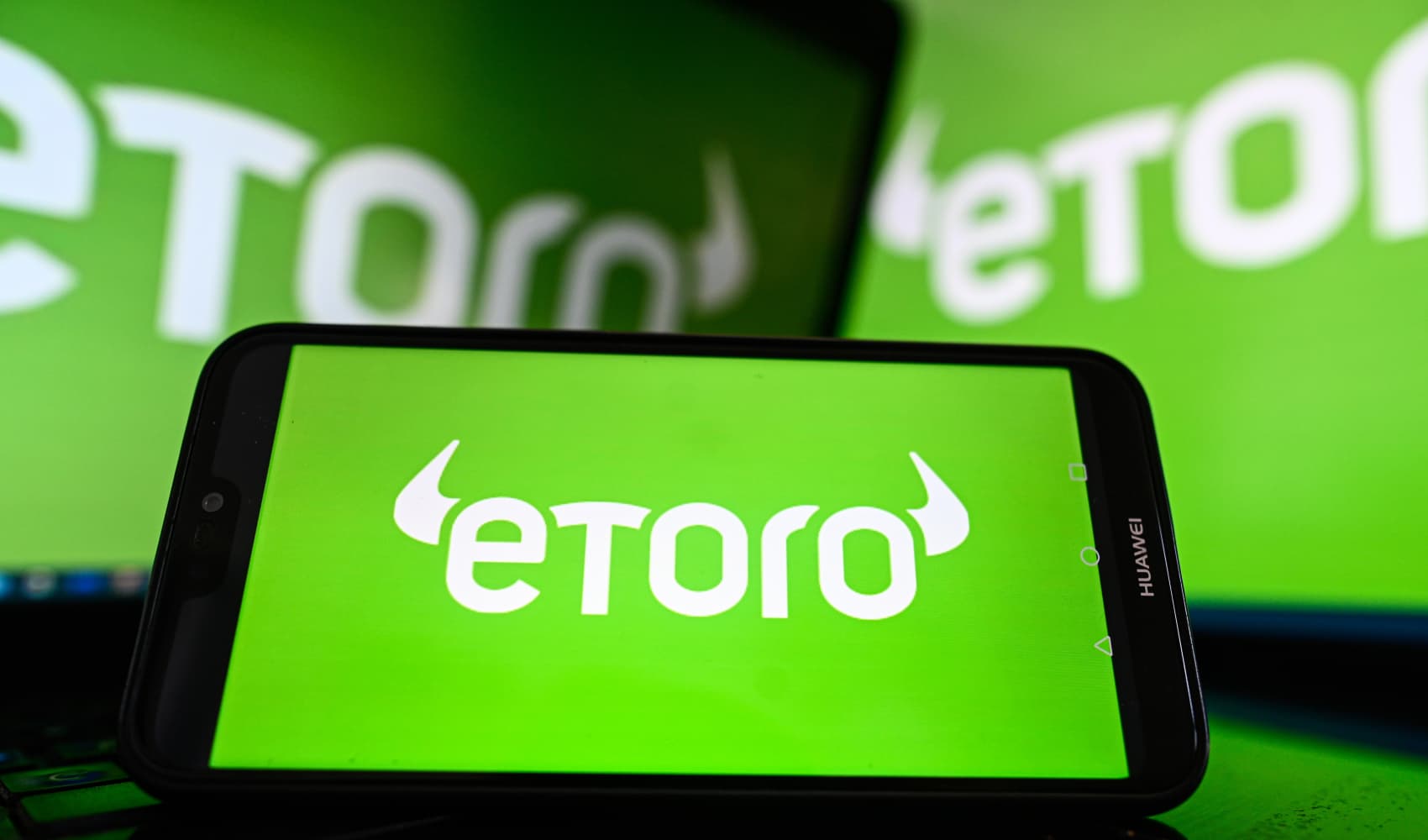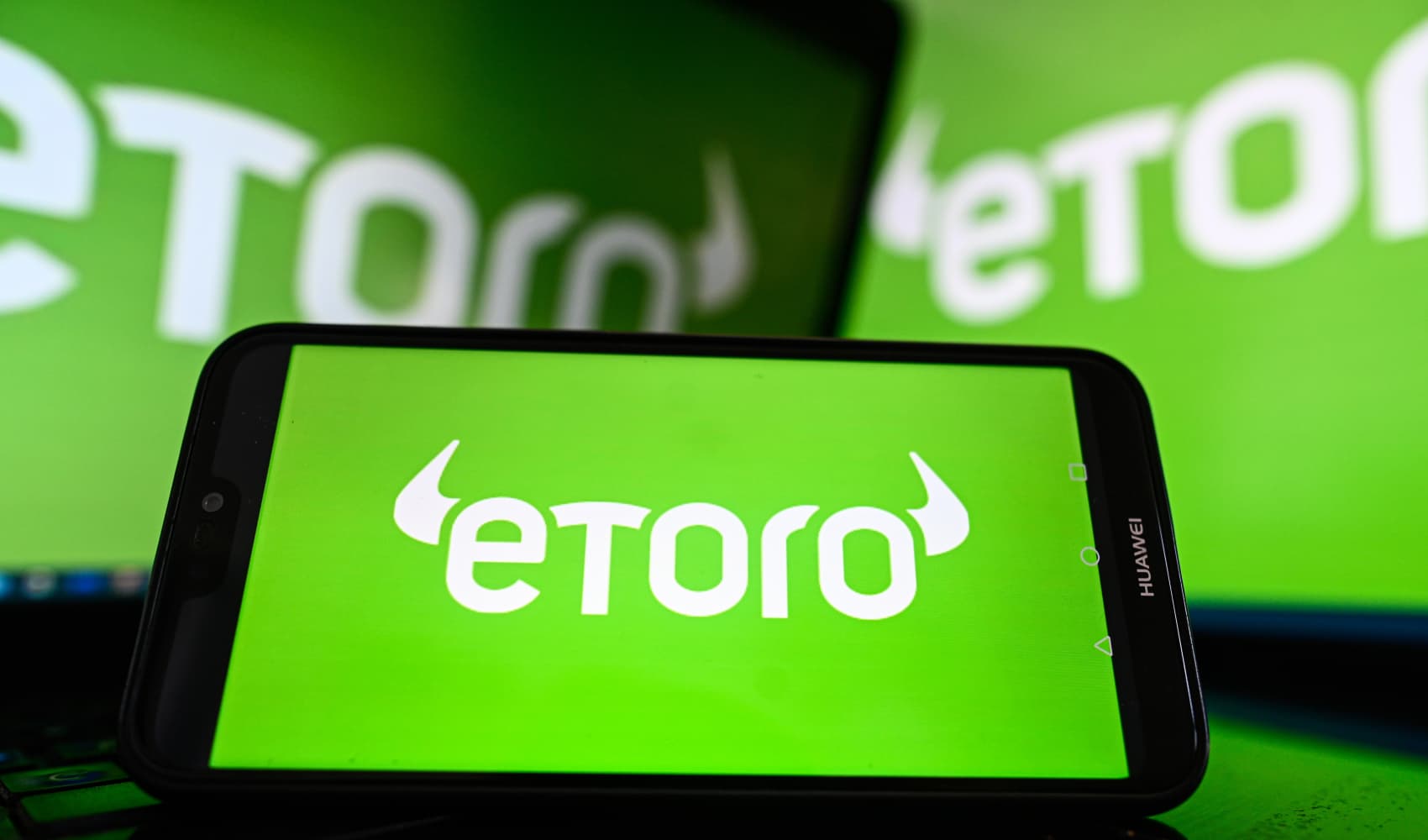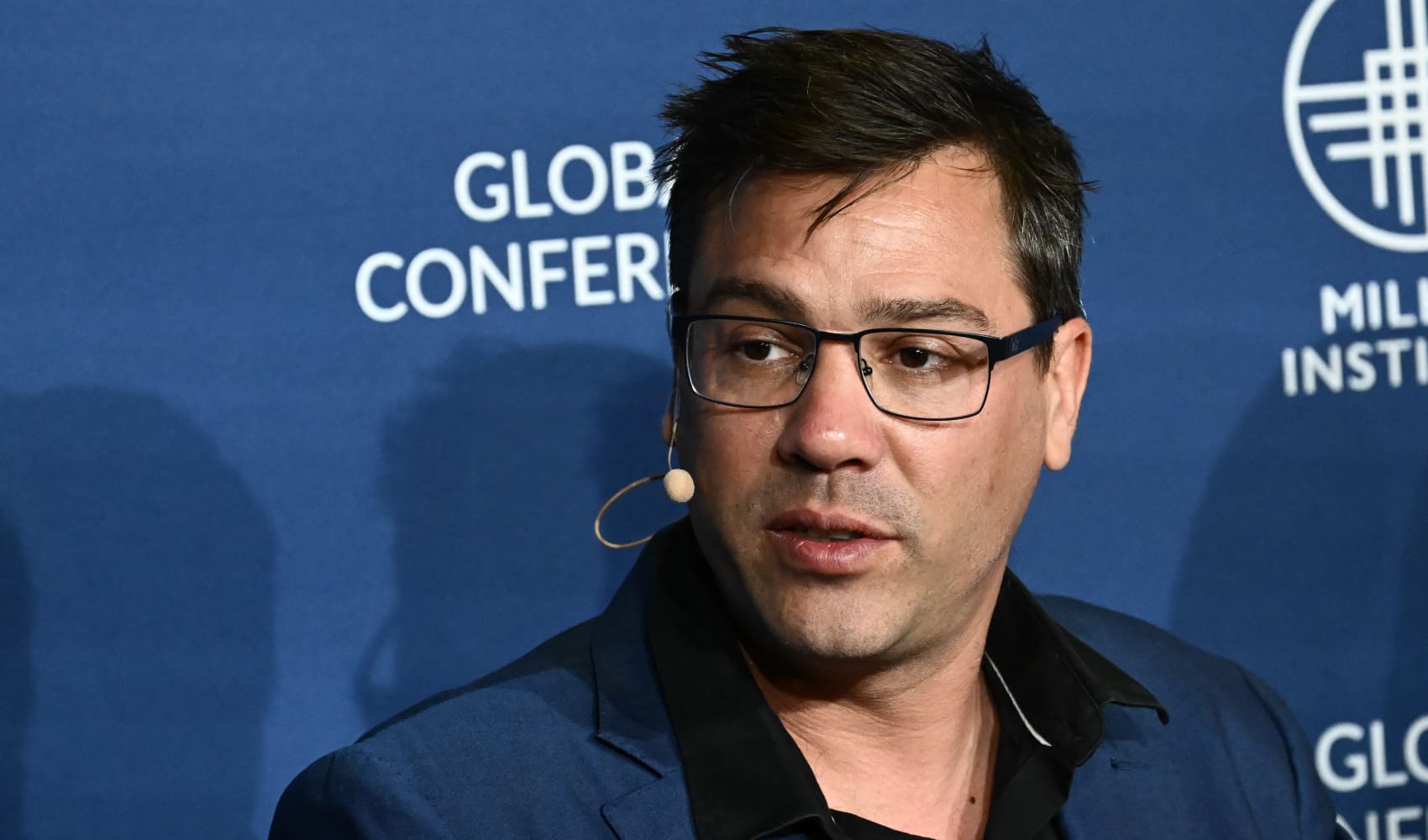eToro IPO Soars: $52 Share Price & Nasdaq Debut!
eToro IPO: Trading Platform Prices Shares at $52, Eyes Nasdaq Debut
Introduction: A New Chapter for eToro
Get ready, Wall Street! eToro, the popular online trading platform, is about to make a splash. They've just announced their IPO price at $52 per share, exceeding initial expectations and signaling a strong market appetite. But what does this mean for you, the everyday investor? Let’s dive in and explore what's happening and why you should care.
eToro's IPO: Beating Expectations
eToro has priced its shares at $52 for its Initial Public Offering (IPO), a figure exceeding its initially projected range of $46 to $50. This means the company anticipates higher demand than originally forecasted.
What Does "Priced at $52" Mean?
Simply put, that’s the price investors will pay per share when the stock first becomes available on the Nasdaq. It's a crucial moment for both eToro and the market, revealing just how much confidence investors have in the company's future.
From Shelved Plans to Nasdaq Dreams
It hasn't been a smooth ride for eToro. The company initially filed for an IPO in March, but due to market instability caused by tariff concerns, they decided to postpone their plans. Think of it like trying to launch a boat in choppy waters – sometimes you have to wait for calmer seas.
SPAC Setback: A Previous Attempt Derailed
Interestingly, this isn’t eToro’s first attempt to go public. Back in 2022, they explored merging with a Special Purpose Acquisition Company (SPAC). However, that deal ultimately fell through. This IPO marks a fresh start and a more traditional approach to entering the public market.
The Numbers: A $4.2 Billion Valuation
The company raised approximately $310 million by selling roughly 6 million shares. This deal values eToro at around $4.2 billion. That's a hefty price tag, indicating that investors see significant potential in the platform.
eToro's Rise in Crypto: Riding the Digital Wave
eToro has been strategically expanding its presence in the cryptocurrency market. This move has likely contributed to its increased valuation and investor interest, as crypto continues to gain mainstream acceptance.
Why eToro? Understanding the Platform's Appeal
eToro distinguishes itself with its user-friendly interface and its social trading features, which enable users to observe and replicate the strategies of experienced traders. This “copy trading” functionality has made it a popular choice among novice investors.
The IPO Landscape: Testing the Waters
eToro's IPO will be a crucial test of the market's appetite for new offerings, particularly in the fintech sector. Its success (or lack thereof) could influence other companies considering going public.
Potential Risks: Navigating the Market Volatility
Investing in an IPO always involves risk. Market volatility, regulatory changes, and competitive pressures could all impact eToro’s performance. It's essential to do your homework before investing.
The Future of Trading: eToro's Role
eToro aims to democratize trading and make it accessible to everyone. By offering a platform that is both intuitive and educational, it is positioning itself to play a key role in the future of online investing.
Beyond Stocks: Exploring eToro's Offerings
While the focus is on stocks and crypto, eToro offers a variety of other assets, including commodities, currencies, and ETFs. This broad selection allows investors to diversify their portfolios and manage risk.
The Impact on Investors: What Does This Mean for You?
If you're an existing eToro user, the IPO could mean increased investment in the platform, leading to new features and services. If you're not, it might be a good time to explore what eToro has to offer.
Analyzing the Competition: eToro vs. The Field
eToro faces competition from established brokers like Robinhood and Interactive Brokers, as well as newer platforms. Its unique social trading features help it stand out, but it needs to continually innovate to stay ahead.
Long-Term Vision: eToro's Plans for Growth
eToro likely intends to use the funds raised from the IPO to expand its operations, develop new products, and increase its marketing efforts. A successful IPO will give them a significant boost in achieving these goals.
eToro's IPO: A Sign of the Times
eToro's IPO success reflects the increasing interest in online trading and the growing acceptance of cryptocurrencies. It's a clear indication that the way people invest is changing.
Conclusion: Key Takeaways From eToro's IPO
eToro's IPO at $52 per share is a significant milestone, demonstrating strong investor confidence in the platform's future. While risks are inherent in any investment, eToro's innovative approach to trading and its growing presence in the crypto market position it for continued growth. Keep an eye on eToro as it embarks on this new chapter as a publicly traded company!
Frequently Asked Questions
- What is an IPO? An IPO, or Initial Public Offering, is when a private company offers shares to the public for the first time. This allows the company to raise capital and become publicly traded.
- Why did eToro postpone its initial IPO plans? eToro postponed its initial IPO plans due to market instability and uncertainty caused by tariff concerns.
- What is copy trading and how does it work on eToro? Copy trading allows users to automatically replicate the trades of experienced and successful traders on the eToro platform. You choose a trader to copy, and their trades are automatically mirrored in your account.
- What other assets can I trade on eToro besides stocks and crypto? Besides stocks and cryptocurrencies, eToro also offers trading in commodities, currencies (Forex), and Exchange Traded Funds (ETFs).
- What are the potential risks of investing in an IPO like eToro? Investing in an IPO carries risks such as market volatility, the company's unproven track record as a public entity, and the potential for overvaluation. It's crucial to conduct thorough research and consider your own risk tolerance before investing.



